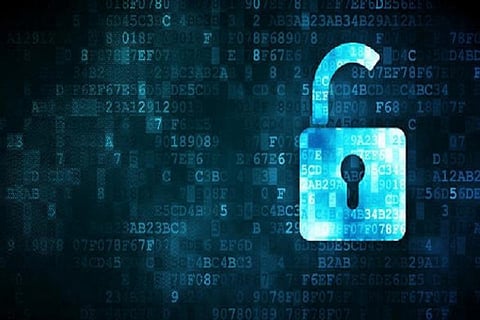

The Supreme Court on Wednesday, October 27 constituted a three-member Technical Committee to investigate the Pegasus snooping allegations headed by a retired judge. The members of the committee include experts in cyber security, digital forensics, networks and hardware. The committee’s functioning will be overseen by Justice R V Raveendran, former judge of the Supreme Court of India. The Supreme Court wants the committee to study seven broad issues.
> Whether the Pegasus suite of spyware was used on phones or other devices of the citizens of India to access stored data, eavesdrop on conversations, intercept information and/or for any other purposes not explicitly stated herein.
> The details of the victims and/or persons affected by such a spyware attack.
> What steps/actions have been taken by the Respondent-Union of India after reports were published in the year 2019 about hacking of WhatsApp accounts of Indian citizens, using the Pegasus suite of spyware?
> Whether any Pegasus suite of spyware was acquired by the Respondent-Union of India, or any state government, or any central or state agency for use against the citizens of India.
> If any governmental agency has used the Pegasus suite of spyware on the citizens of this country, under what law, rule, guideline, protocol or lawful procedure was such deployment made?
> If any domestic entity/person has used the spyware on the citizens of this country, then is such a use authorised?
> Any other matter or aspect which may be connected, ancillary or incidental to the above terms of reference, which the Committee may deem fit and proper to investigate.
The Committee has also been authorised to make recommendations regarding enactment or amendment to existing law and procedures surrounding surveillance and for securing an improved right to privacy; establishment of a mechanism for citizens to raise grievances on suspicion of illegal surveillance of their devices; any ad-hoc arrangement that may be made by the Court as an interim measure for the protection of citizen’s rights, among others.
The Supreme Court’s order came on a batch of pleas seeking an independent probe into the allegations that distinguished citizens, politicians and journalists were snooped upon by using Israeli firm NSO's spyware Pegasus. It was reported by an international media consortium that over 300 verified Indian mobile phone numbers were on the list of potential targets for surveillance using the Israeli spyware. The Committee has also been authorised to hold any inquiry it deems fit and take statements of any person in connection with the inquiry and call for the records of any authority or individual.
The Committee has been directed to prepare the report after a thorough inquiry and place it before the Court, with the matter listed for hearing after 8 weeks.